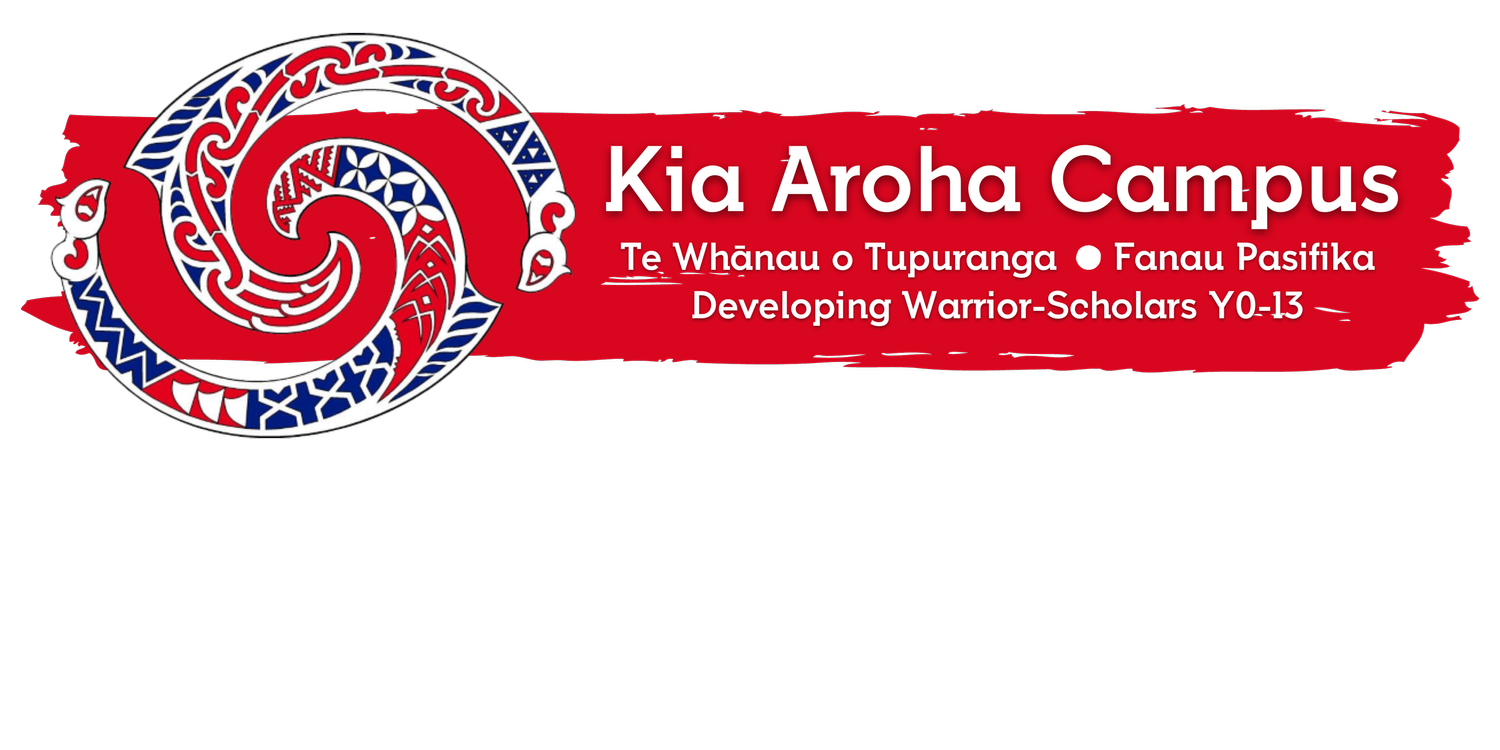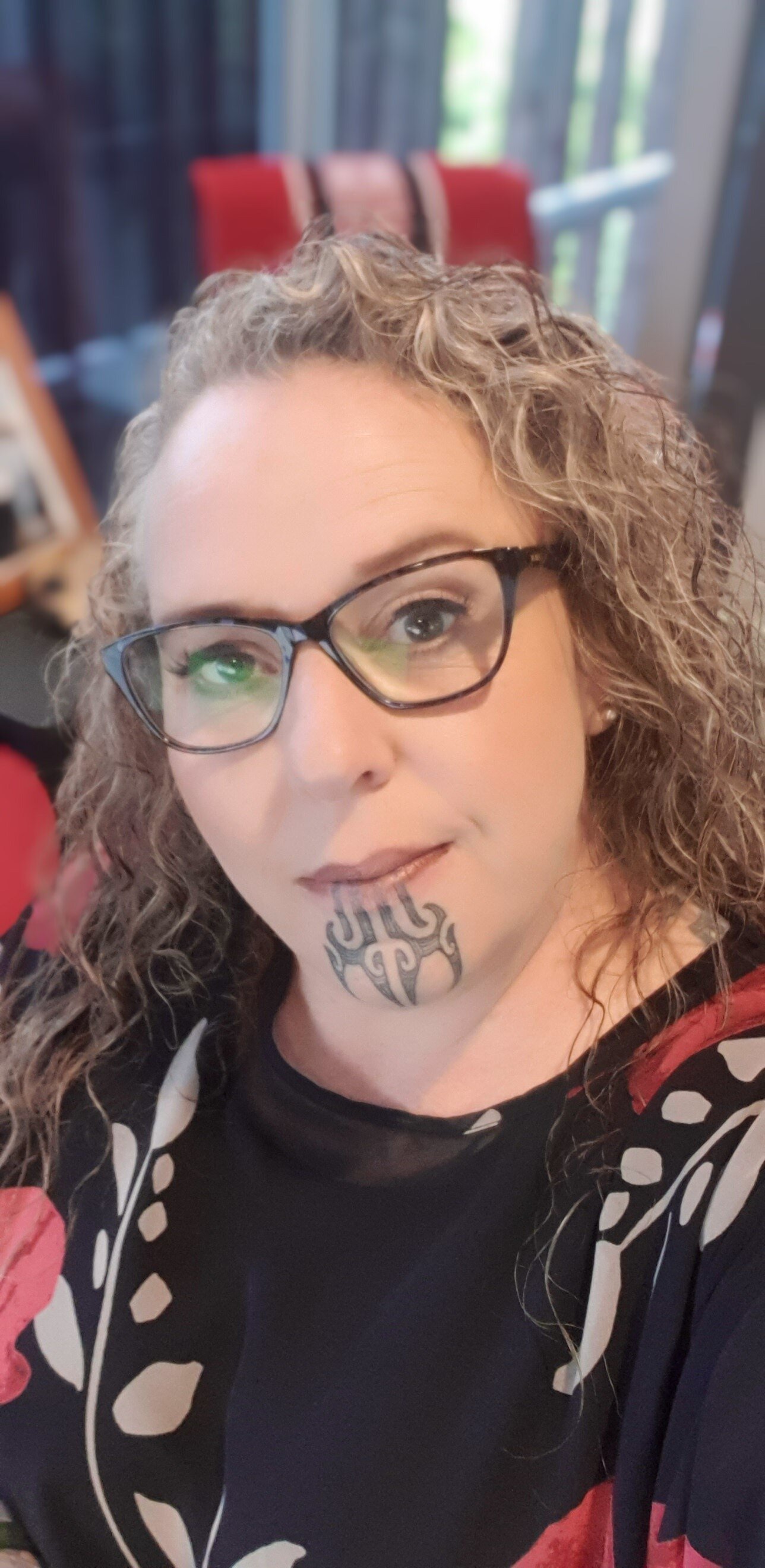Our Community
/Last Saturday I had the good fortune to being able to come and be part of the Otara Community meeting held in our school hall. I was encouraged by the number of residents who came to the hui all keen to engage and find community-based solutions.
It was also great to see the Police, the Mayor, Local MPs and councillors and our Otara-Papatoetoe Local Board Members all in attendance – so that they could hear the views, ideas and solutions from our community.
Unfortunately, I think that awesome opportunity was lost. The solutions that were offered to our community by the officials were far from community-based. They were temporary, “done to us” solutions that were in the most part outside our community – or solutions that were planned for a later date, somewhere else. We were also offered answers that would not have even been presented in other, more affluent communities.
I can’t help but think about the bigger issues and the root causes of the stress that our community has long endured. The lack of activities to occupy and engage our young people, the lack of employment opportunities in our own back yard, the struggle that our families face when they are working long hours in multiple low paid jobs and still find it difficult to provide for their families – until we address these issues and until we get government, council and local board support we are not going to see too many changes.
Otara has always been a solution focused community that has stood up to community issues – it’s in our DNA. We’ve got a heap to be proud of! It is a shame that yet again, everyone wants to talk about Otara – but no-one is prepared to help this community with real solutions that make life easier for our young people and their whanau.
Last year our Kia Aroha College Warrior Researchers investigated racism in our community and looked at racism in education and the impact of poverty on our daily lives, they asked questions about how racism gets under their skin and how inequality makes us sick.
They also talked about racism and resistance - what are the realities, and what are the counter-stories. They presented their research showing that “In spite of the many counter stories, in spite of many people in our community working hard to make change, like our whanau, like Swanie and Terry and the people of Cooper Crescent, like the Pātaka Kai movement, like the staff and students of Kia Aroha College, our Streetwyze map “ground-truths” the story of our postcode and our daily lives.”
Their research told the truth about an education system that was not designed to serve the interests of all children and communities. It was built to serve a relatively small group of privileged children and used to perpetuate power and privilege, through a history of colonisation and assimilation.
They told the story of under-resourced education that isn’t designed by them, or for them, of poor quality food, low in nutritional value, of inconsistent and inadequate medical services, of whanau who are starving, and of constant experiences of individual, institutional and systemic racism, that gets in our skin, and will affect our children and grandchildren, unless we transform it.
They hoped their voices challenge the refusals and the silences that allow that situation to flourish.
Yet again it’s time for us to start listening to our young people – they are the leaders of our future!
After this meeting TVNZ1 Marae reporter Semiramis Holland visited the suburb to see what’s being done to change how our community is portrayed. I was interviewed as part of this programme. Watch the Marae interview here


